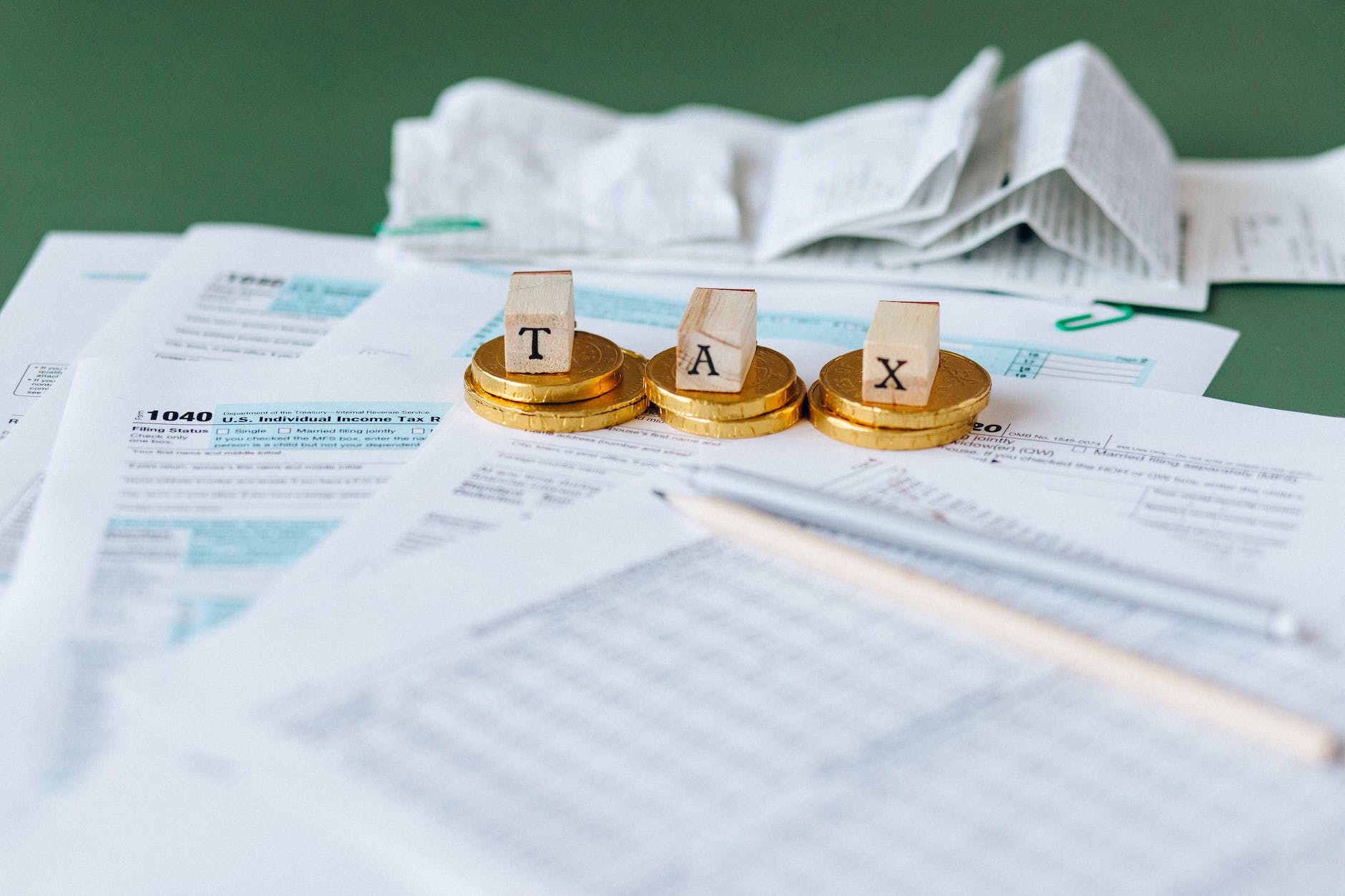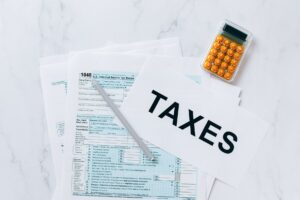What Is Relief From Tax Debt?
The Federal Revenue Service (IRS) created tax debt relief to assist in reducing a taxpayer’s or company owner’s tax liability. Programs for reducing tax debt come in a variety of forms, frequently in the form of payment schedules or partial or complete debt settlement.
You may be eligible for tax debt relief in a variety of circumstances, including an unexpectedly high tax bill, a natural disaster that makes it difficult for you to file your taxes and pay your bill, or other financial difficulties. The most crucial point is that you need to act immediately to discover a solution if you need tax debt relief.
The IRS will impose a failure-to-pay penalty equal to 0.5% of your unpaid taxes per month, plus interest, if you don’t pay your tax debt (which starts accruing the day your taxes are due and continues until you pay your bill in full). You may incur penalties equal to up to 25% of your unpaid taxes if you postpone payment for a sufficient amount of time.

How does tax relief for debt work?
Tax debt reduction essentially consists of incentives and initiatives created by the IRS to reduce a taxpayer’s or business owner’s tax liability. Examples include permitted deductions for pension contributions, tax credits and other temporary incentives, tax debt forgiveness, and the removal of any tax liens. Which type of tax debt relief is most appropriate for you will depend on your individual tax status. It’s vital to keep in mind that the IRS does not actively advocate relief from tax debt. For this reason, it’s wise to look for a trustworthy tax firm to help you investigate your alternatives for tax debt relief and choose the one that’s ideal for you.
What qualifies you for relief from tax debt?
In addition to putting you in a financial bind, trying to catch up on your IRS payments can be extremely stressful. A recent natural disaster in your area might have made it difficult for you to correctly file your taxes and pay your tax bill, in addition to an unexpectedly hefty tax charge. Additionally, you might be experiencing financial difficulties, which would make you eligible for assistance. There are numerous circumstances in which you can be eligible for tax debt relief.
Ways to reduce tax debt
It is possible to create your own IRS debt forgiveness programme, but due to the requirements and amount of information required, it may be challenging to be accepted for the programme or have a tax obligation eliminated or decreased. Working closely with the IRS can help you understand your alternatives and make sure you adhere to all laws.
Rather, you might decide to consult with a tax expert who can facilitate IRS debt forgiveness. They will work with you to assess your financial condition, build a case for the IRS based on your particular circumstances, and meet programme requirements while supplying all necessary data.
Determine the problem (how much do you owe, does the IRS currently have any holds on your assets, etc.)
Look into the reason (did you provide incorrect information on your return, do you not have a high enough income, do you not have assets that can be used as collateral, etc.)
Locate a remedy (which debt relief programme would work best for your situation)
Create a case by detailing your financial situation and the suggested course of action.
Send the IRS a case submission.
Get a tax break (if approved, your relief depends on the programme you applied for)
Your specific circumstances will determine the best method of tax debt relief, so it’s crucial to consult a competent tax firm or the IRS directly to learn about your alternatives and make the best choice for you.
How to settle your tax debt
You do have other options if one of the aforementioned programmes is not accepted for you or if you would rather choose an other method to pay off your tax obligation, such as:
To pay off your debts, take out a bank loan or personal line of credit. In order to pay less overall, try to negotiate an interest rate that is lower than what the IRS charges.
Take out a loan against a qualified pension plan, such as 401(k) or IRA. While you’ll lose some potential investment returns, and there will likely be some interest owed, it will likely be less than the penalties you’ll owe from tax debt.
Consolidate your taxes with a personal loan or home equity loan or line of credit.
Be mindful of your spending. Track your spending elsewhere and eliminate all unneeded expenses. Attempt to cut your spending or stop paying for things you don’t need, such subscription services or gym memberships.
Develop a side business, take on a second job, or sell some of your gently used stuff that you no longer need to make extra money.
Once more, starting as soon as possible is crucial to debt repayment. In addition to increasing your overall debt over time, penalties, fees, and interest can make it harder for you to repay the debt.
Benefits of tax debt relief
The main advantage of tax debt relief is the possibility of a debt reduction or even elimination (in rare cases). In order to prevent you from becoming bankrupt and incurring other penalties, the IRS will work with you to repay your debt or reduce the overall amount.
For instance, the IRS may garnish your wages if you are unable to pay your tax bill in full. This means that your employer may deduct money from your paycheck to cover the debt. Nevertheless, you can avoid wage garnishment and save those dollars for your other financial requirements with tax debt relief.
The IRS also has the option of enacting a bank levy, which would enable them to withdraw money straight from your bank account. Your account will be frozen until the money is taken out and given to the IRS, who will then use it to settle your obligation. You won’t have to worry about your debit card being denied or your savings account being depleted because tax debt relief helps prevent this action.
The IRS may also place a lien on your property, which may cause the sale of any revenues to be subject to seizure. Alternately, they might impose a tax levy, in which case they could seize your property and sell it to repay the taxes you owe. Relief from tax debt contributes to preventing all of this.




